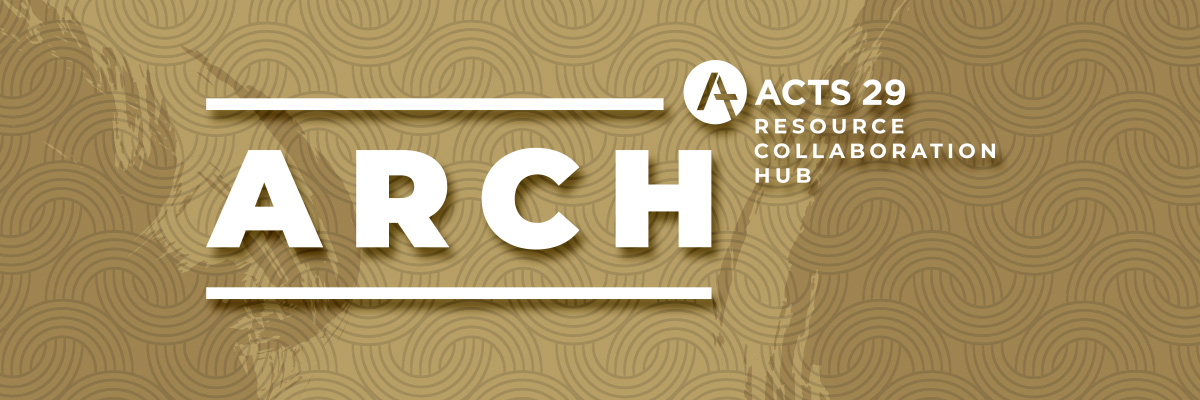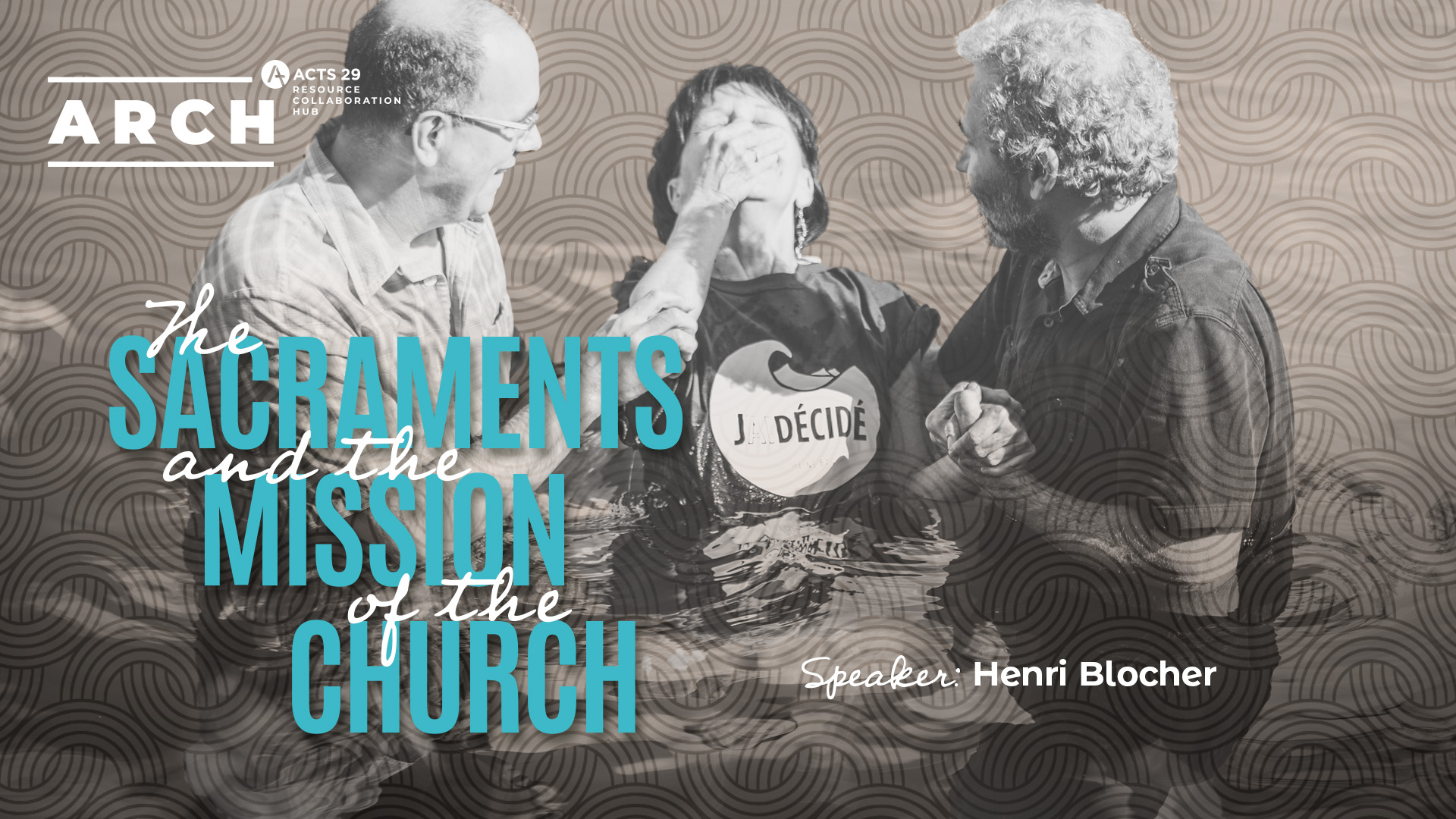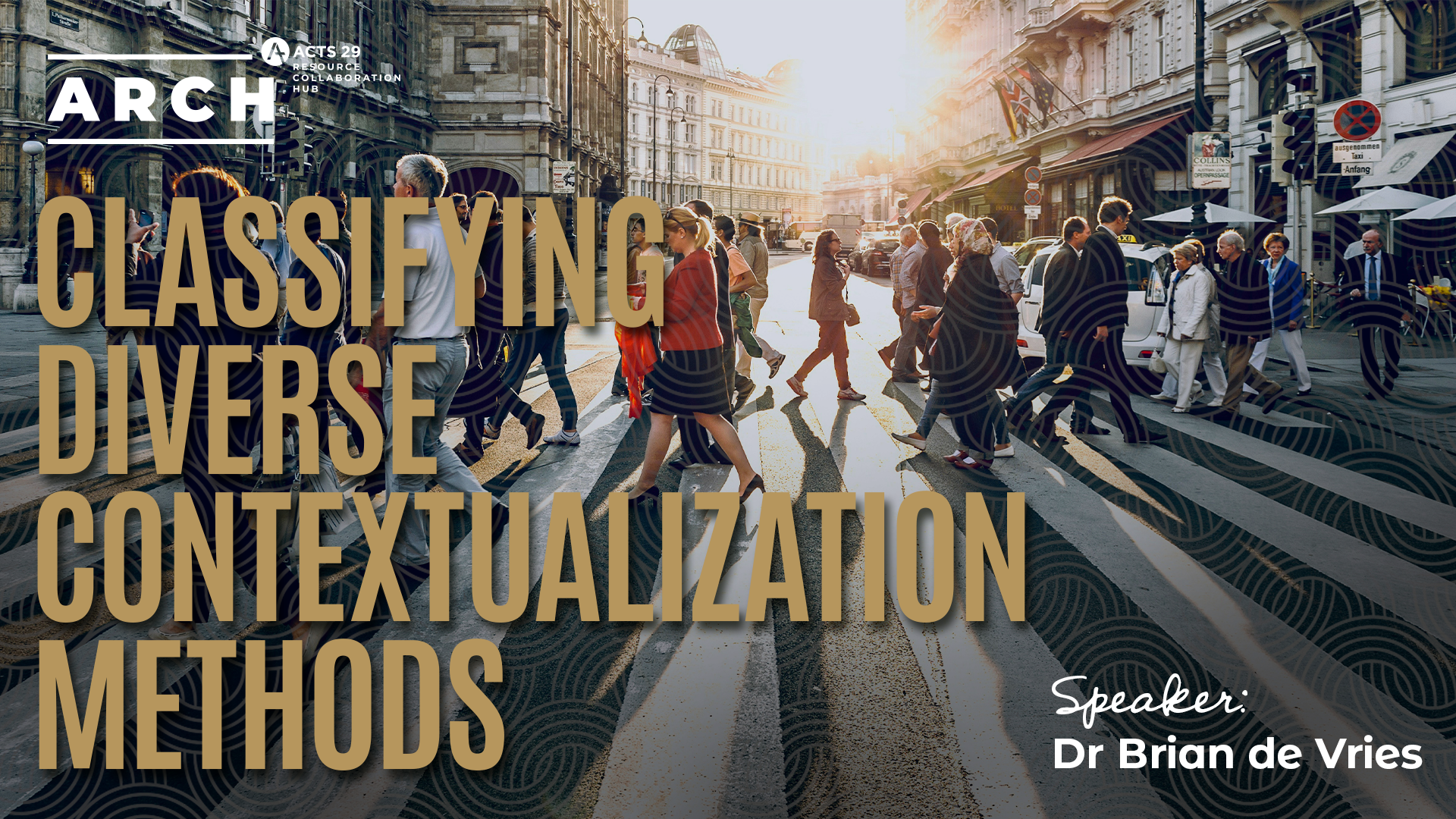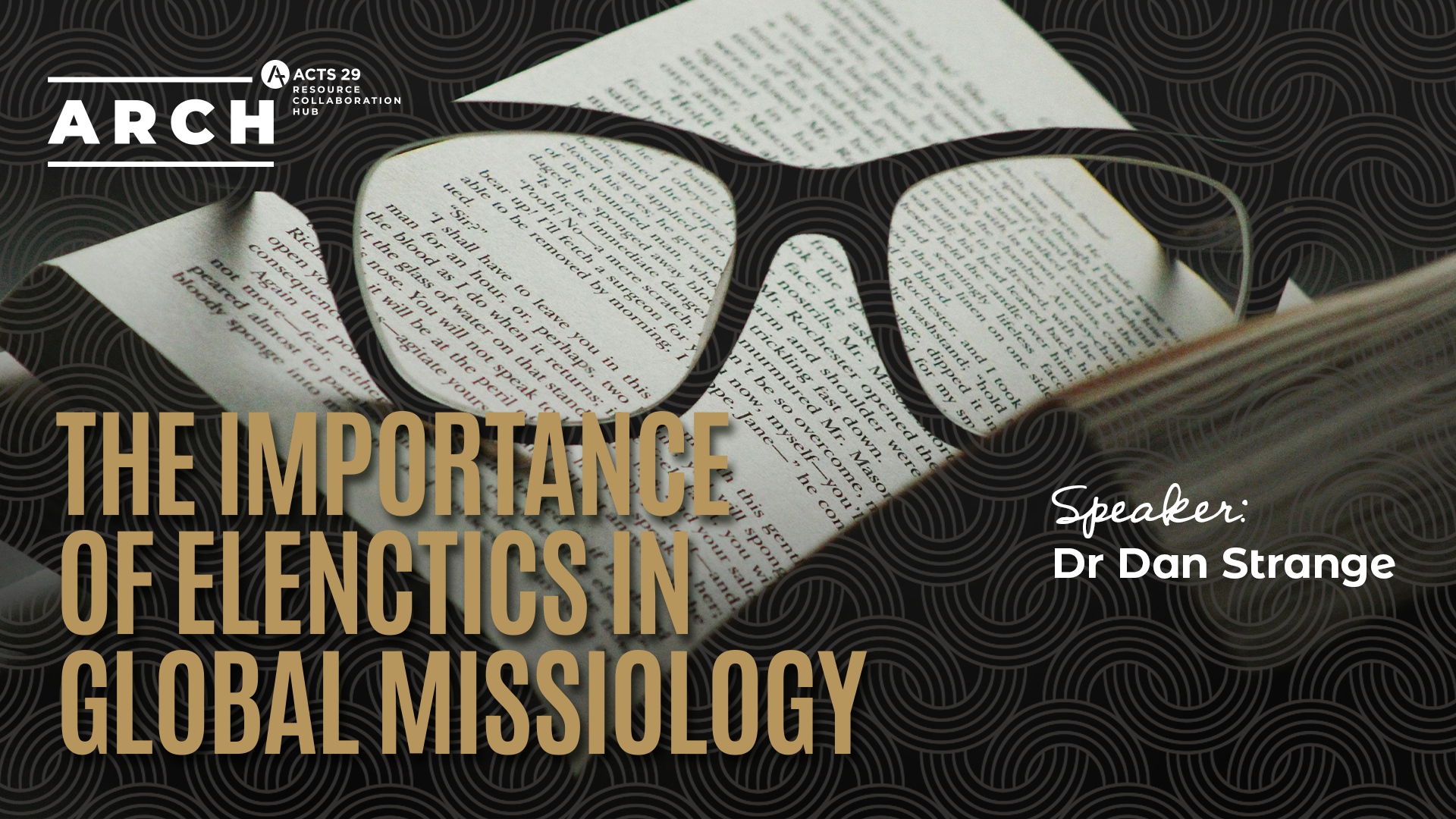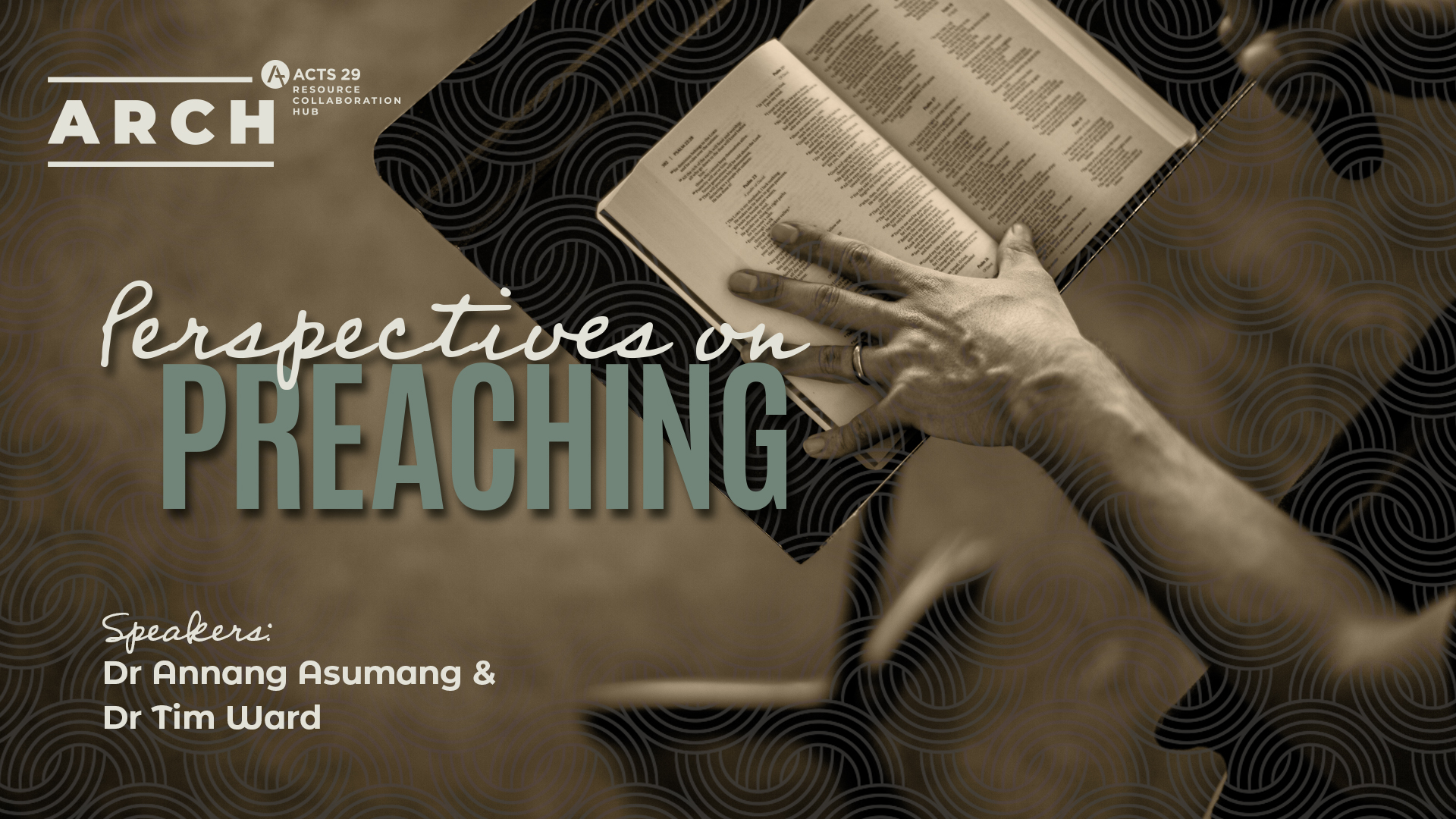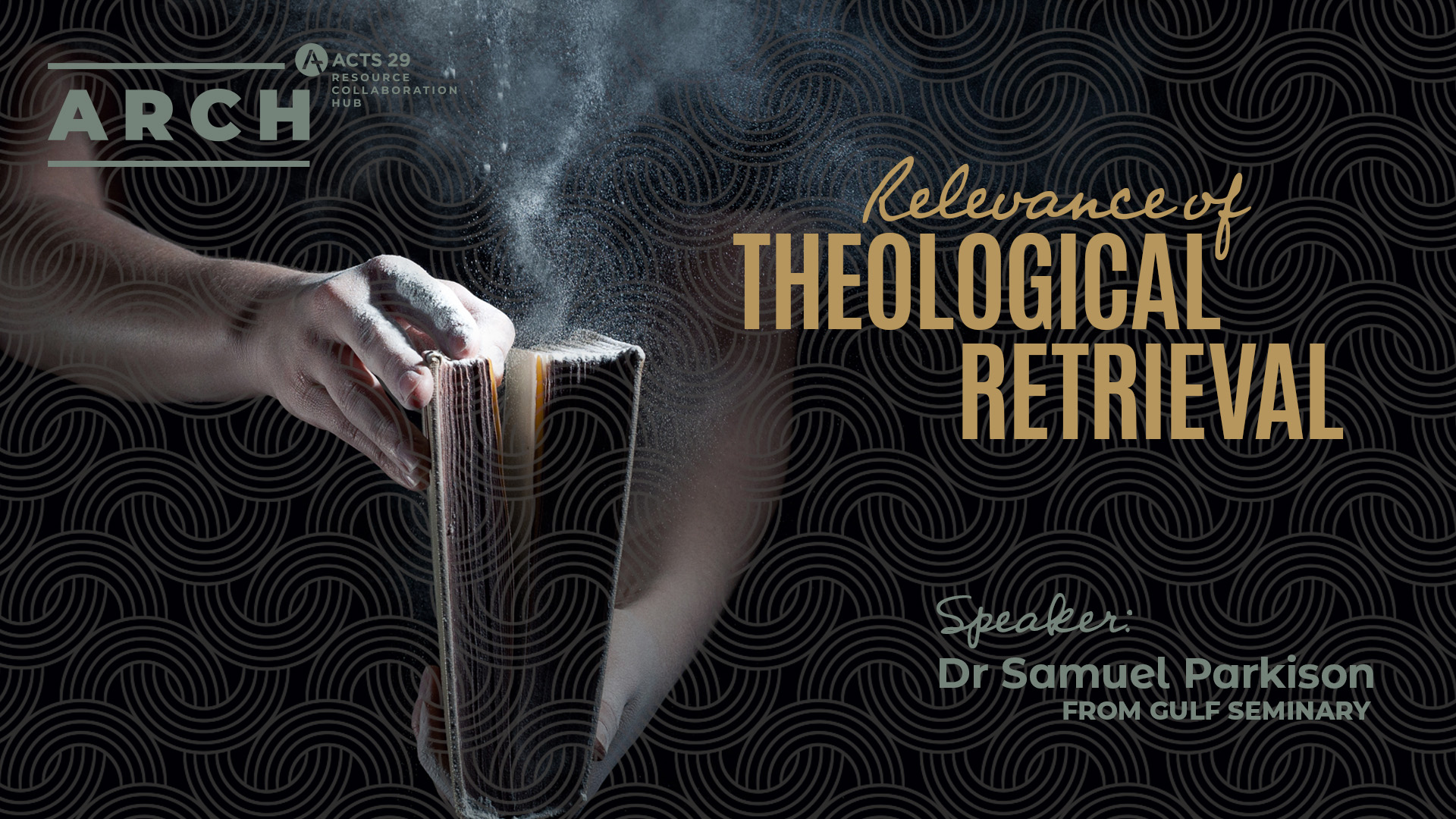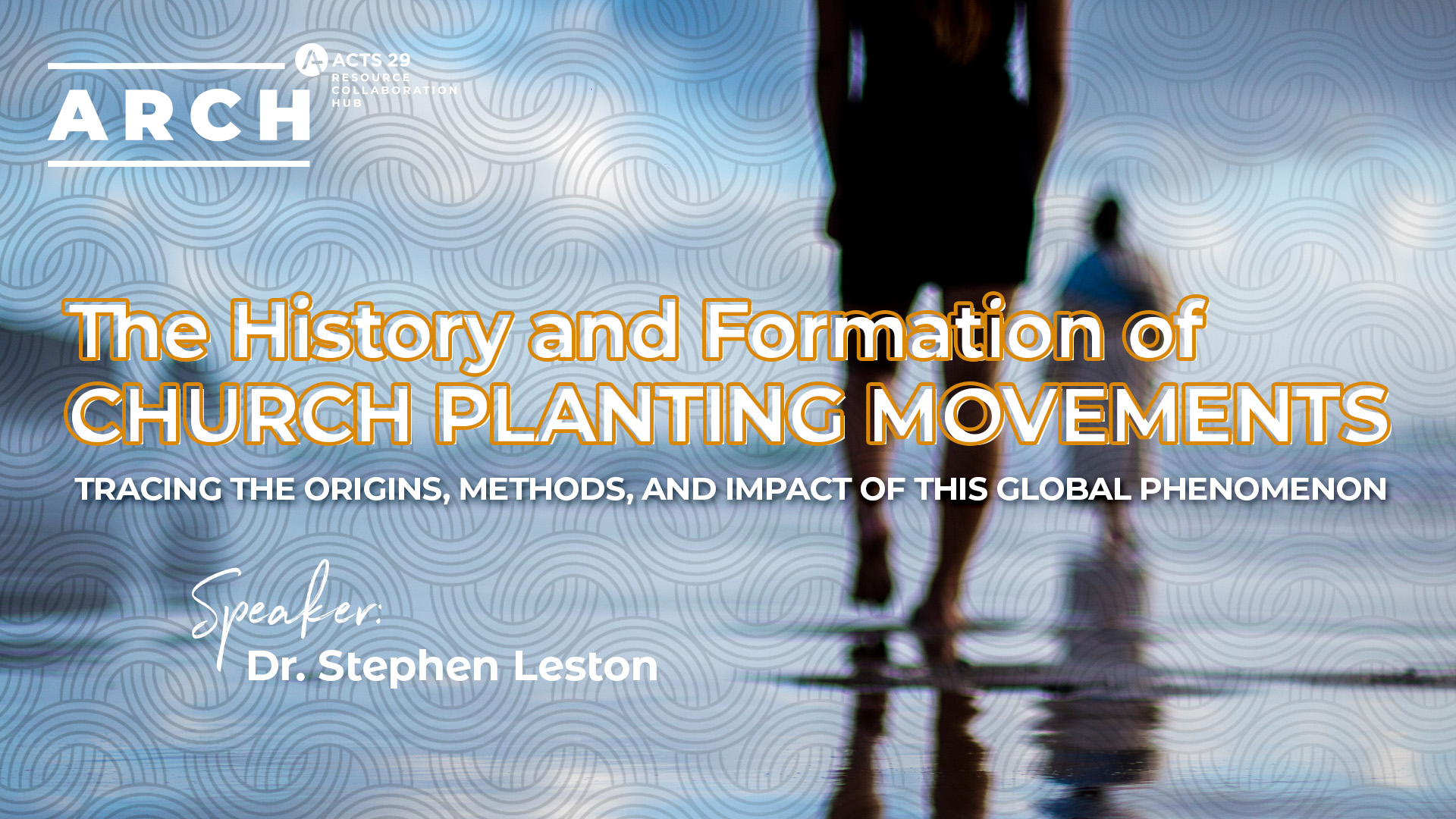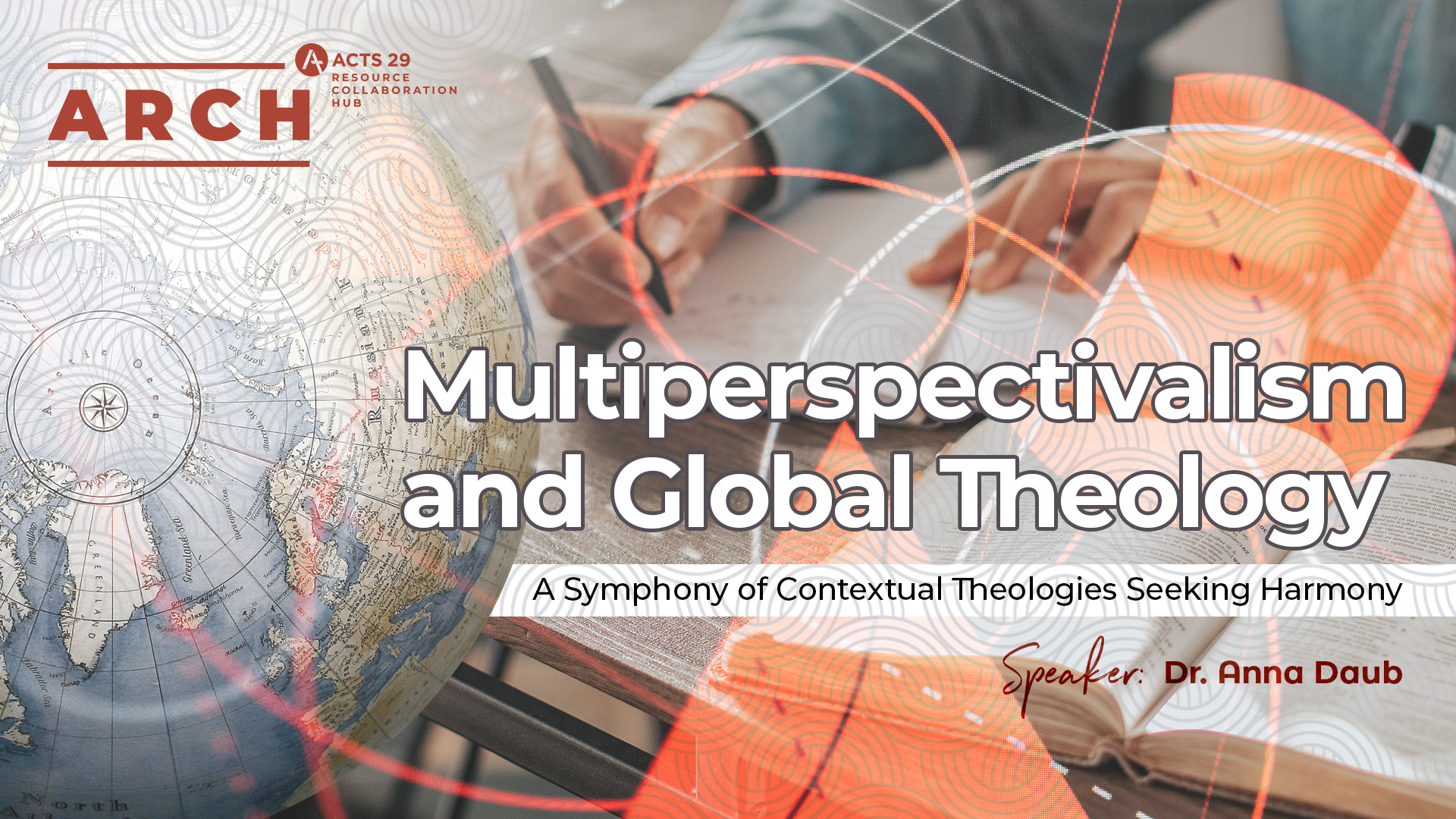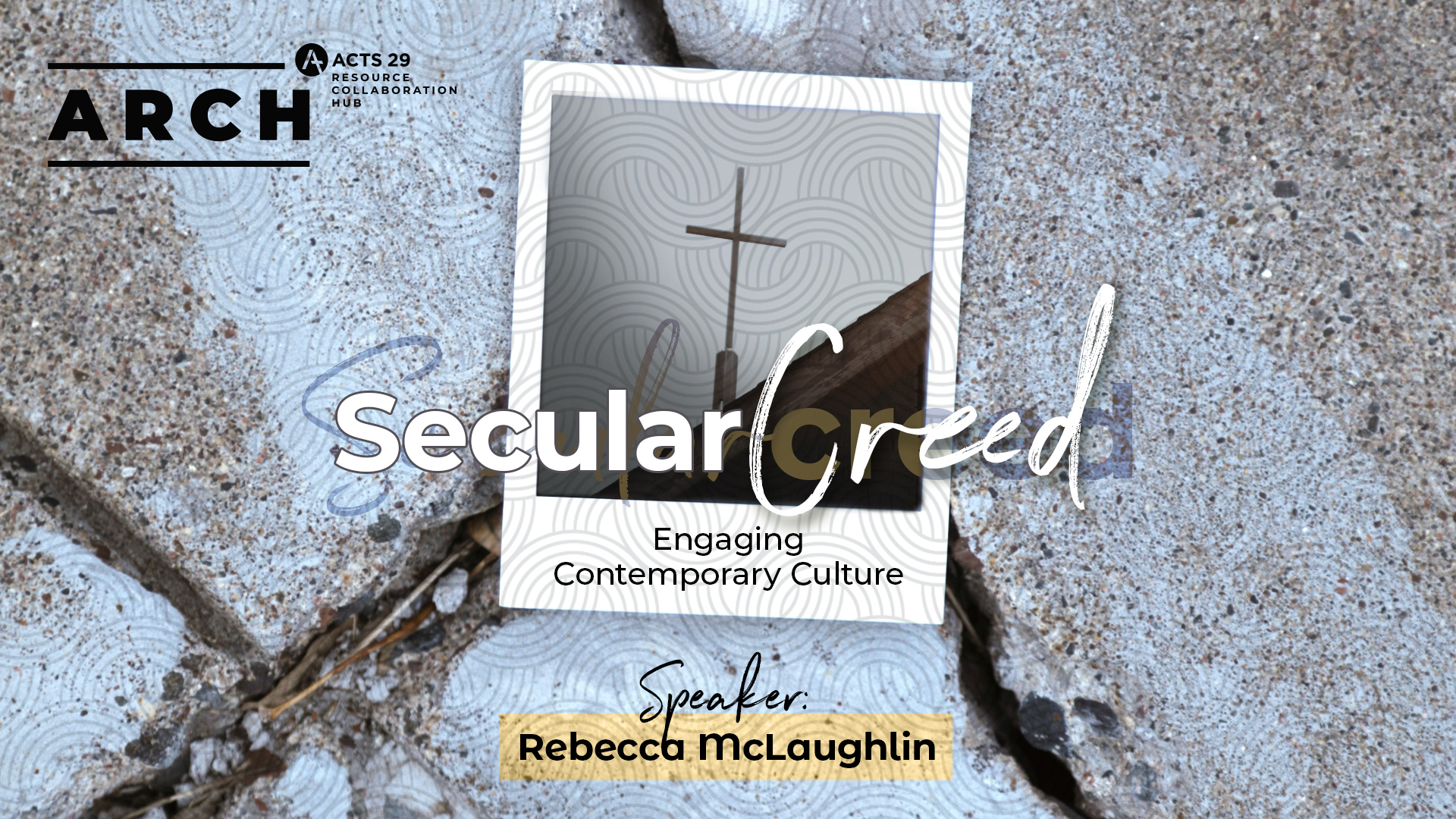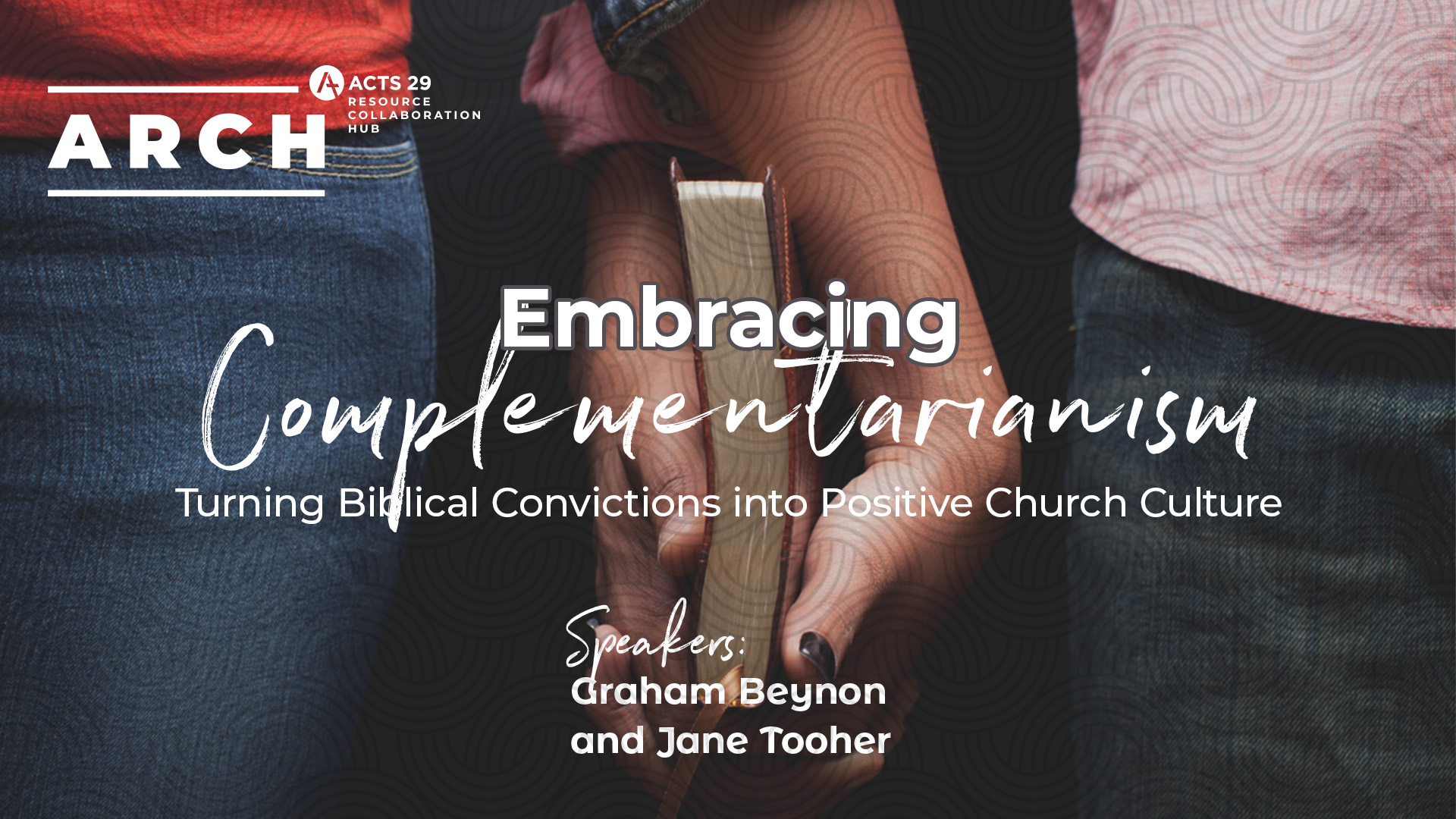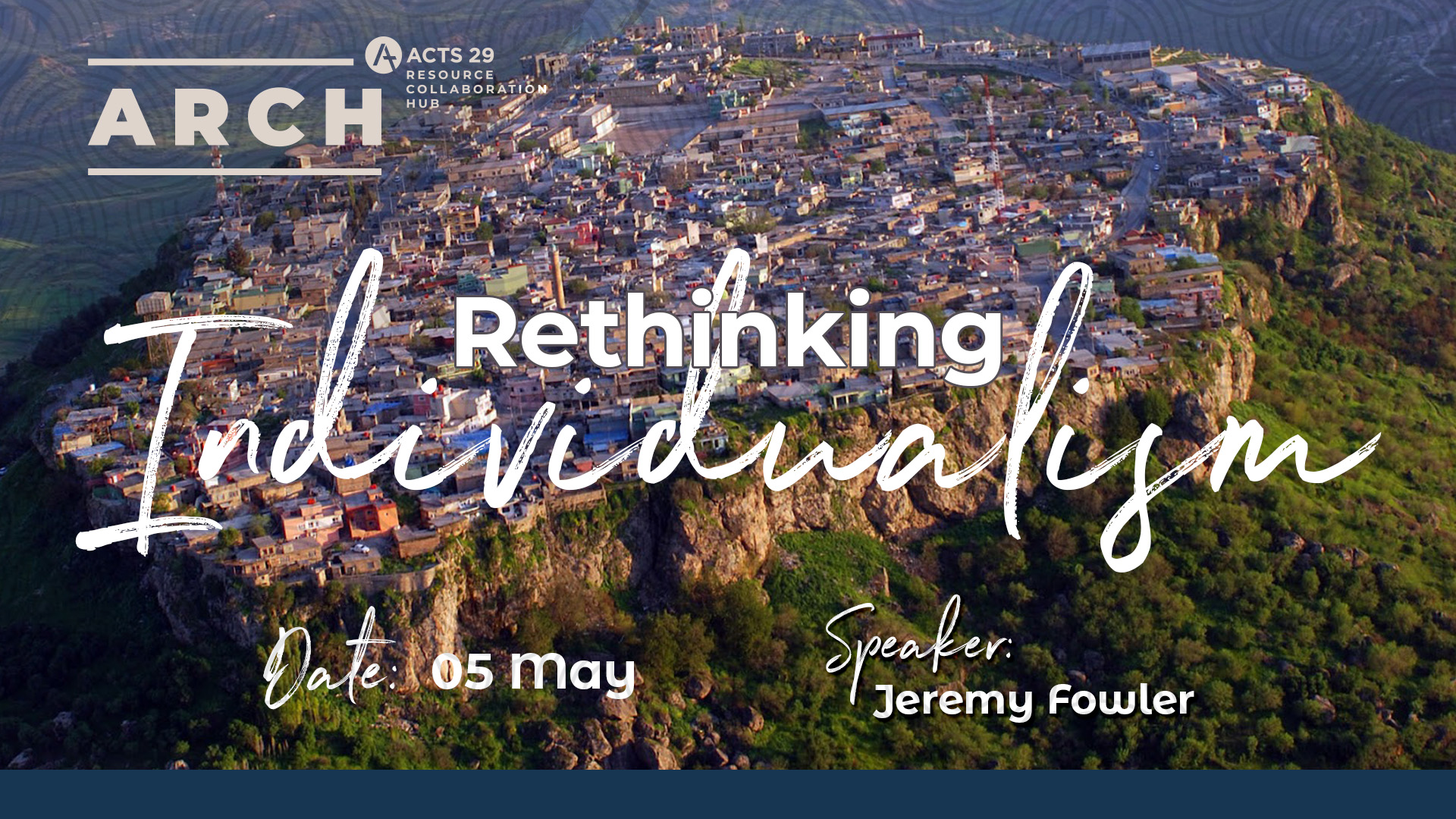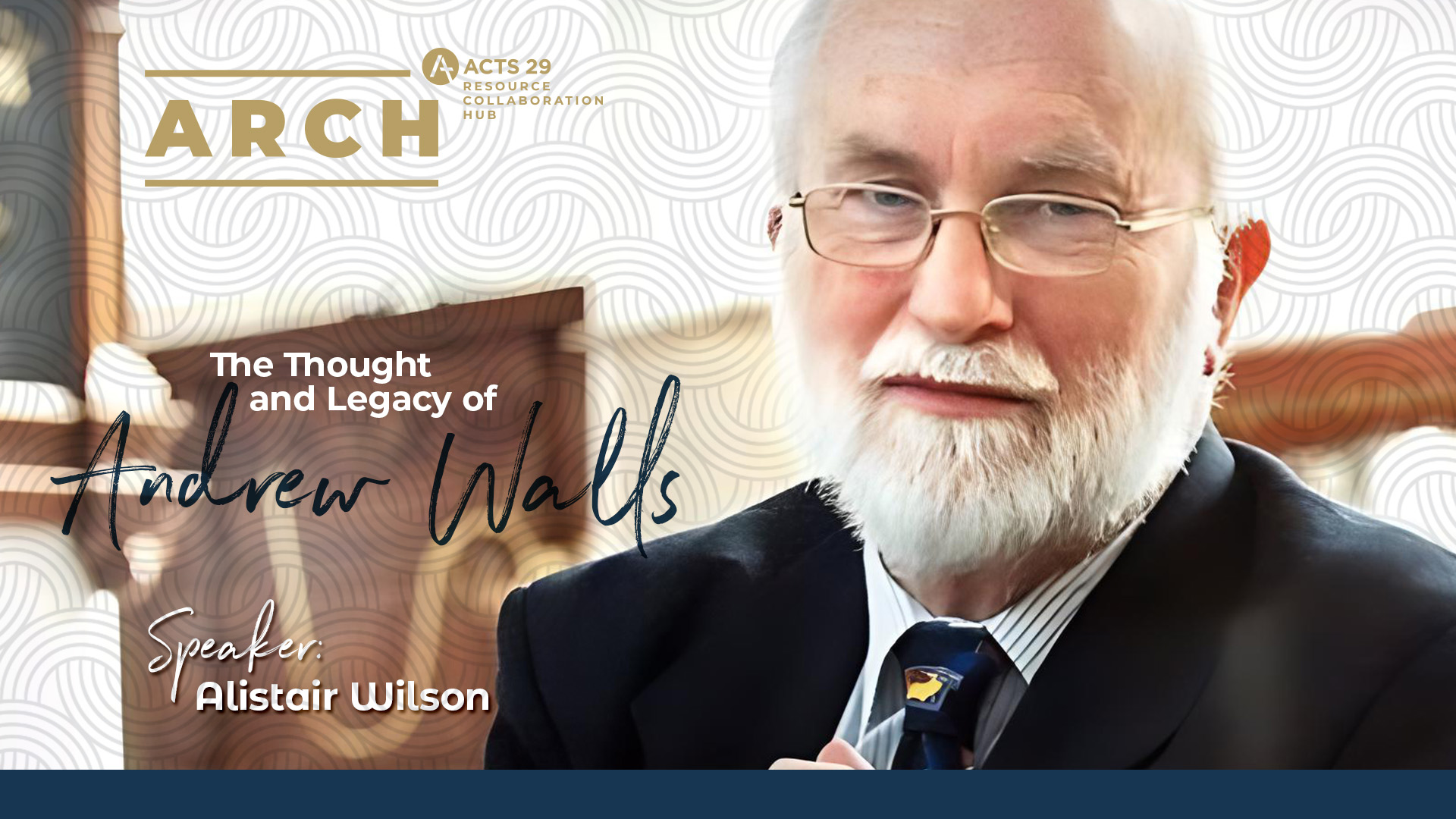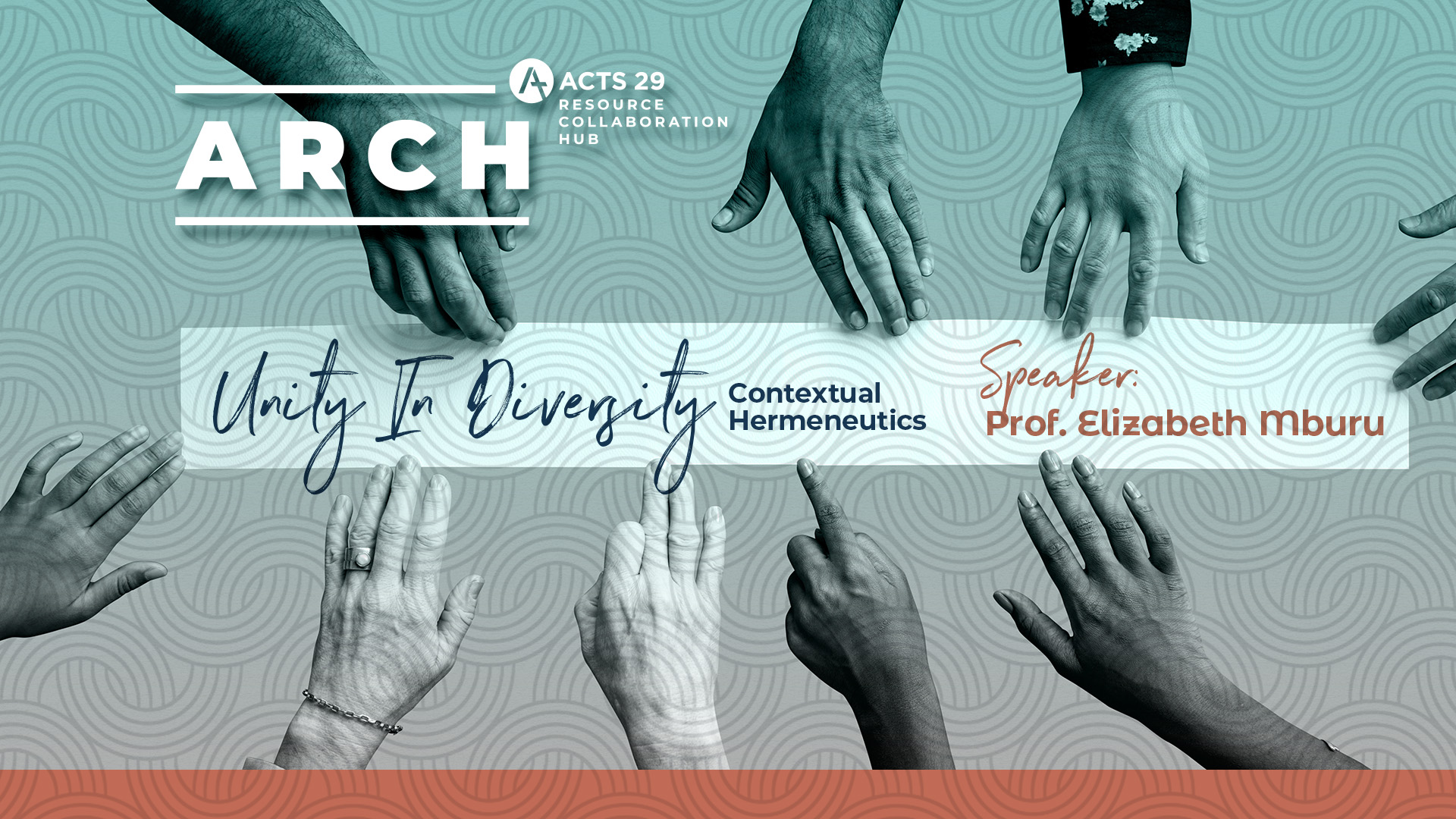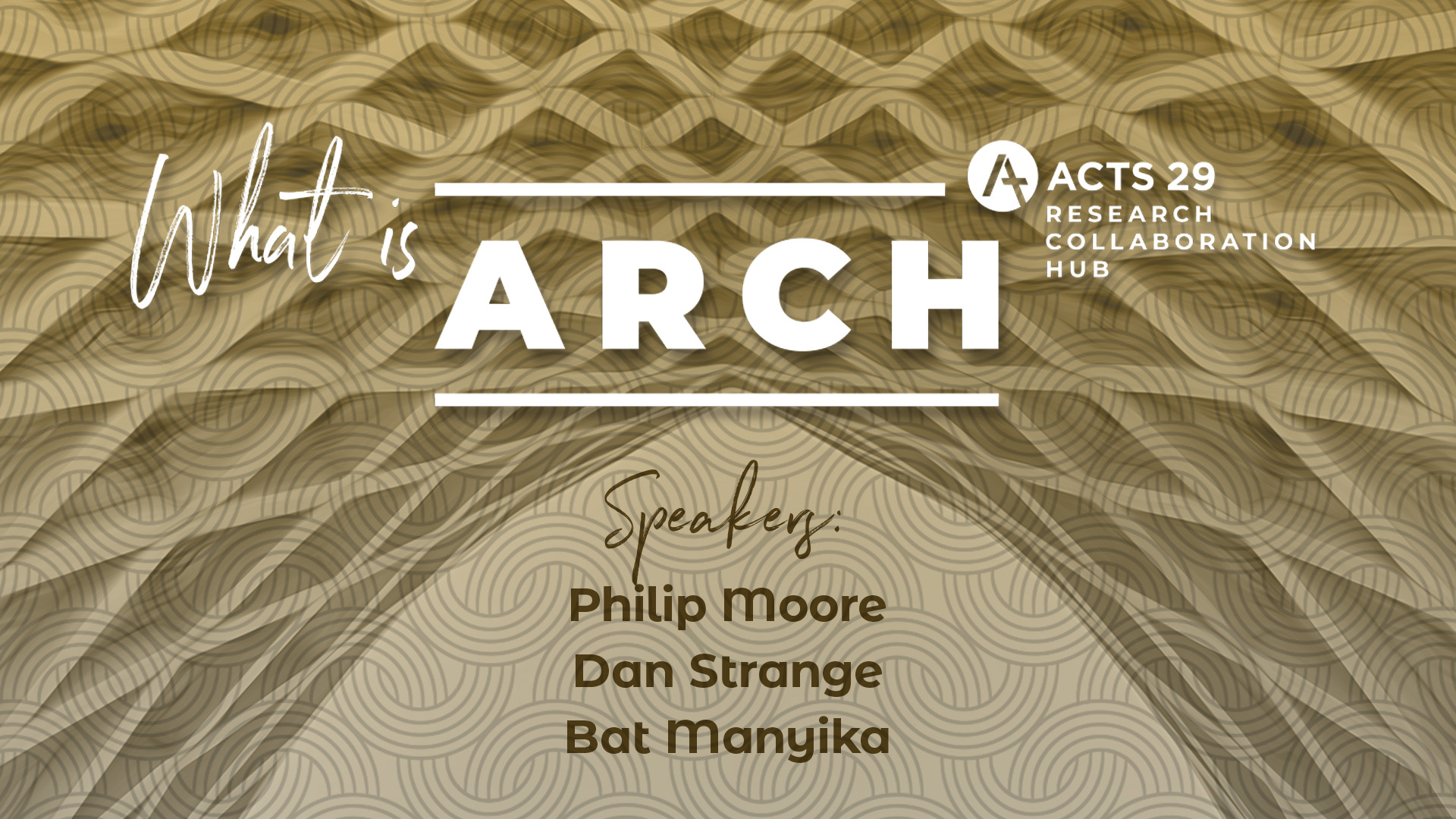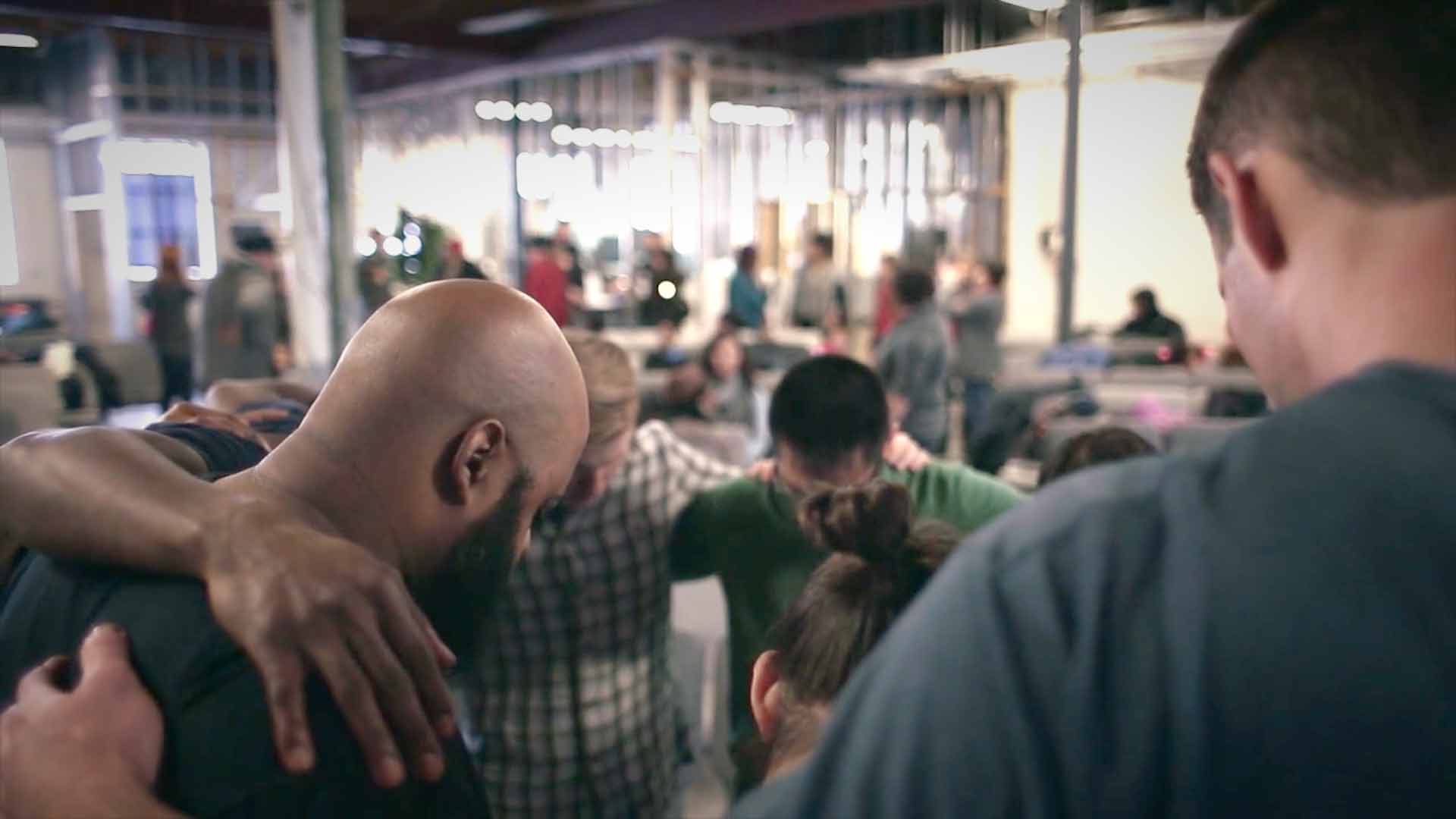ARCH is the Acts 29 Resource Collaboration Hub. It is a bridge between our global church-planters as we pool our experience, knowledge and learning. Coming from Latin America, North America, Europe, Africa, the Middle East and Asia Pacific the members of the Arch team are working on the development and delivery of global content as well as the philosophy of theological education across the world.
We are hoping to create, all across our global network, the training ecosystem we need to raise up, assess and deploy church-planters and church-planting teams. We will be running Arch Symposia on topics of global interest 5 times a year, aiming to equip, inform and inspire the local church in its mission.
Through the ARCH project we want to steward the gift God has given us, namely a network of interconnected, multiplying churches all over the globe.


